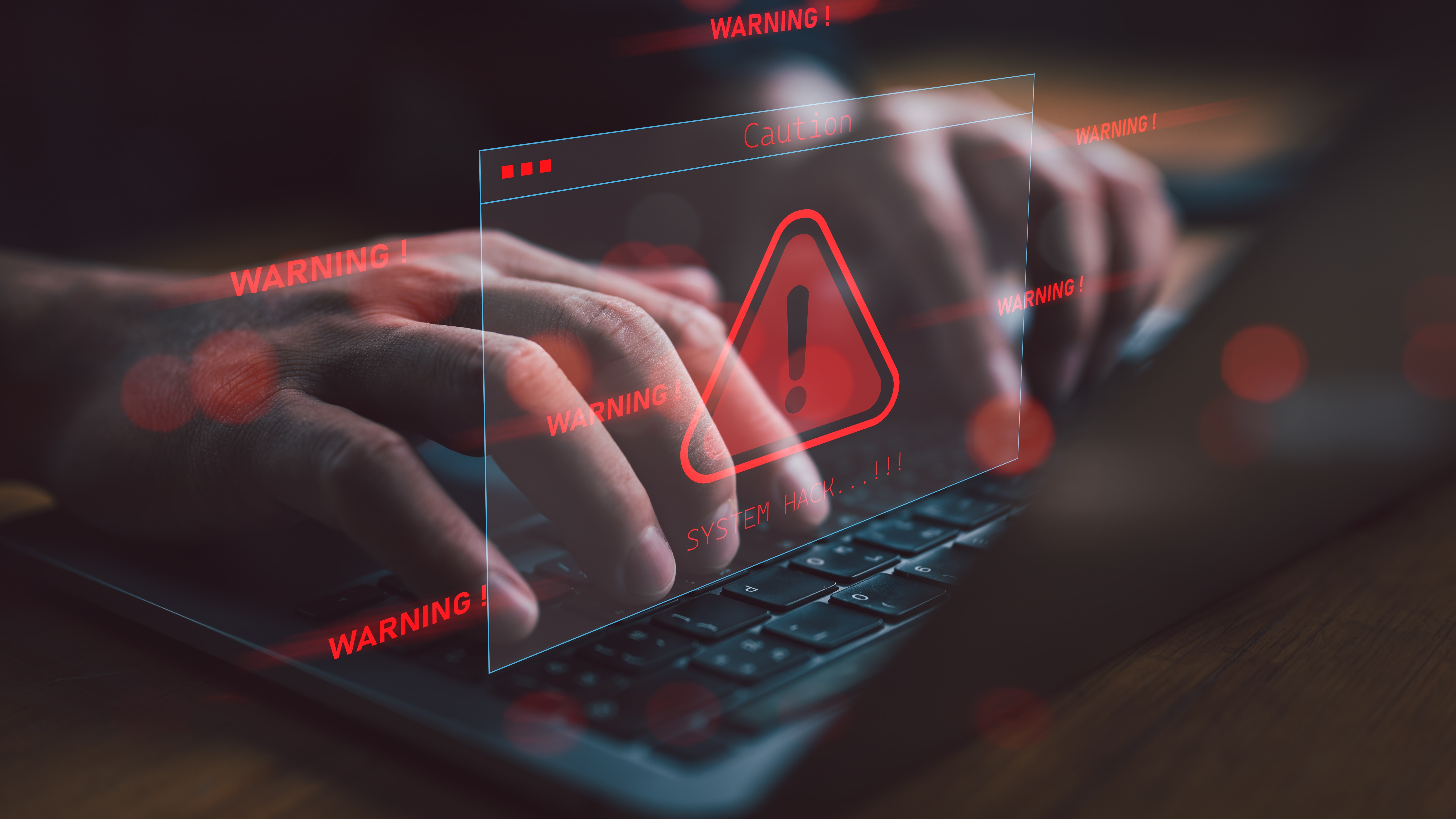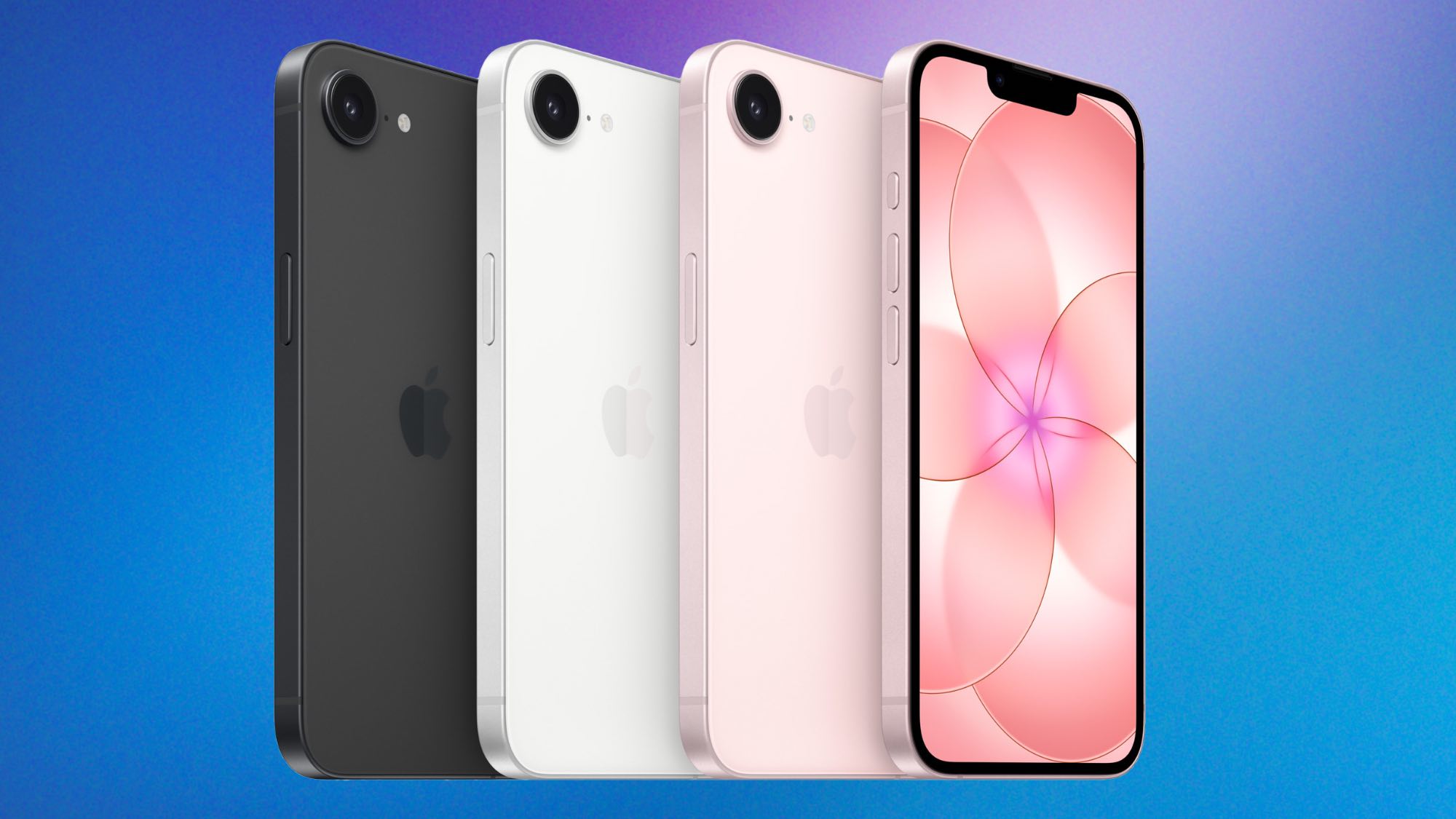It’s time to stop believing these lies about antivirus software
Do you believe any of these five untruths?

Here at Tom’s Guide our expert editors are committed to bringing you the best news, reviews and guides to help you stay informed and ahead of the curve!
You are now subscribed
Your newsletter sign-up was successful
Want to add more newsletters?
Join the club
Get full access to premium articles, exclusive features and a growing list of member rewards.
Protecting yourself online can be overwhelming especially in an age of social media misinformation, deep fakes and phishing attacks designed to make you believe that you're clicking on a link from an old coworker. It can be easy to believe in things you learned long ago that may no longer apply to current operating systems, things you picked up from someone who seemed more knowledgeable than maybe they actually were or things that were just untruths that spread like wild fire.
For example, the lie that Macs don't need antivirus protection. We all know that one's not true, right? Or how about that you can skip antivirus protection if you're really, really careful about what websites you visit and what you click online?
That lie has died out by now hopefully, but in case it's still floating around let's settle it now: Macs do need antivirus software, but have it built-in, and no matter how careful you are you should always use one of the best antivirus programs on your computer no matter which operating system you have. Let's dispel some other lies and myths while we're at it, shall we?
1. You don’t need antivirus software

It doesn’t matter if you’re working on a Mac or a PC, if you’re super duper careful or extremely experienced, you need to have some sort of antivirus protection. You might be careful every time and have excellent PC experience but what if you lend your laptop to your roommate, who is perhaps not so savvy? Or your little cousin who likes to download mods for their D&D character from some iffy websites?
While both operating systems have a built-in antivirus offerings – with Microsoft providing Microsoft Defender and Apple providing a host of iOS-specific security features – those only provide basic protections against malware. For added security you should still consider a third-party software to help protect against phishing, ransomware, and other viruses as well as to provide additional features you’d likely pay for anyway such as parental controls, a VPN, or a file shredder.
2. Antivirus software will protect you against everything

Most third party antivirus software will do a bang-up job against existing and developing malware threats, which means your computer is protected from a wide range of unpleasant viruses but that doesn’t mean you can ignore your part.
You are still the first line of defense – you can’t click on links or attachments from unknown senders or download apps from sketchy developers and count on your antivirus program to clean up your mess. You as the user are still expected to practice good cybersecurity hygiene.
Schedule your antivirus program to run regular scans to check for malware signatures, and then do your part and make sure that you are using strong passwords – or a password manager – to help protect your accounts. Know the signs of phishing attacks, use a VPN or hardened browser and enable two-factor or multi-factor authentication on accounts whenever possible.
Get instant access to breaking news, the hottest reviews, great deals and helpful tips.
3. Antivirus software is a hassle
This may have been more true in the past but these days, antivirus programs have come a long way. Many of them can perform shorter, smaller scans that are much less system intensive than a full scan. Also most of the heavy duty scanning can be scheduled for times when you’re not actively using your computer, which makes it easier to make sure that your antivirus software is kept up to date, able to perform it's duties and still not impacting your workload.
Additionally, many antivirus programs have updated interfaces that have made adjusting their settings and configuring their features much more user friendly –even for those users who don’t find it enjoyable to spend hours playing around with software settings. This makes it easy to set up your antivirus program the way you want it once, and then let it do its job without interfering in your day to day tasks.
4. You can tell if your computer is infected with malware

Much like some medical diseases are asymptomatic, some computer viruses are designed to stay hidden in order to continue malicious behavior. Infostealers for example want to stay under the radar so they can continue to steal your data and information, or cryptominers who want to use your IP address to shield their own behavior.
This is why your antivirus program scans through your system for various virus signatures and behaviors – because an infection may not be obvious to you through typical means like overheating or pop-ups. And it's why it's so important to watch your personal account for suspicious behavior, as well. If you've been the victim of a data breach (or don't realize your data has been taken), seeing odd behavior on your accounts may be the first sign of identity theft especially if you don't already have any identity protection or monitoring in place.
5. Only your computer needs antivirus software

These days, you're likely on your smartphone at least as often – if not more often – than your PC. In some places, people rely entirely on their smartphones for their computing needs and those devices require antivirus protection just as much as a desktop or laptop computer.
It's just as easy to click on a bad link in an email or social media message, or download a malicious app, on a smartphone as it is on a full sized computer so it there's every reason to make sure your mobile devices are covered as well. If you already have one of the best antivirus programs available, it likely has a bundle or package that will cover mobile devices. If you have an Android phone, there are a lot of good antivirus apps you can get to protect it; and if you're using an iOS device, make sure you know how to adjust and enable all the security settings on it.
More from Tom's Guide
- Do I need antivirus software for Windows 11?
- Why aren't there antivirus apps for the iPhone?
- Do you really need to pay for antivirus software?

Amber Bouman is the senior security editor at Tom's Guide where she writes about antivirus software, home security, identity theft and more. She has long had an interest in personal security, both online and off, and also has an appreciation for martial arts and edged weapons. With over two decades of experience working in tech journalism, Amber has written for a number of publications including PC World, Maximum PC, Tech Hive, and Engadget covering everything from smartphones to smart breast pumps.
You must confirm your public display name before commenting
Please logout and then login again, you will then be prompted to enter your display name.
 Club Benefits
Club Benefits










